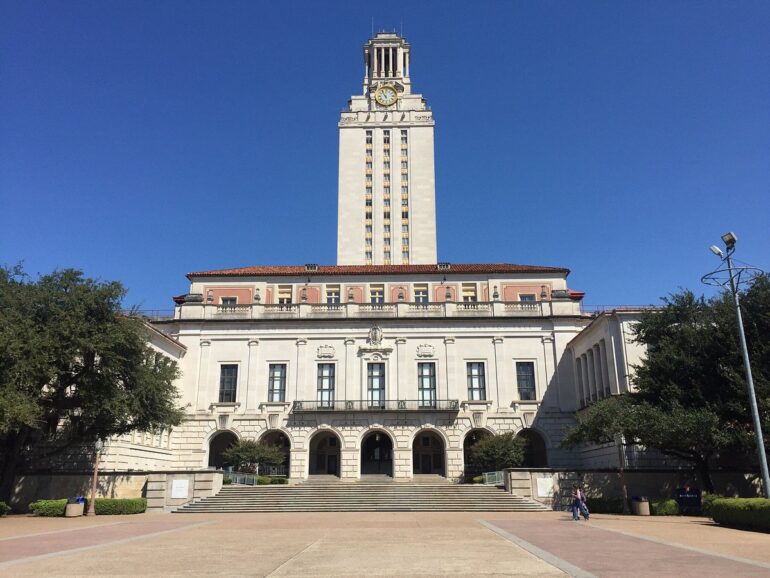TL;DR:
- UT institutions launched a dual-degree program merging medicine and artificial intelligence (AI).
- The program, a collaboration between UT Health San Antonio and UT San Antonio, offers a Doctor of Medicine and a Master’s in AI.
- Interest in AI’s impact on medicine is surging, with many universities integrating AI into medical practice.
- The program aims to empower physicians to lead AI integration in healthcare.
- It has the potential to bridge the gap between technical and medical disciplines, fostering collaboration and innovation.
Main AI News:
The University of Texas system is propelling medical education into the future by offering a unique dual-degree program, fusing medicine with the power of artificial intelligence (AI). Aaron Fanous, an aspiring physician, recognized the potential synergy between these fields and became one of the program’s pioneering students.
Fanous, like many of his peers, was drawn to AI’s profound impact on the medical landscape. “I saw how influential software was in the medical world, and a lot of context was missing from it,” Fanous said. “The reality is, technology will come into medicine—it will be in most fields—and knowing what can be done with it will open so many doors to improve the entire system as a whole. That’s too big to ignore.”
This innovative program, a collaboration between UT Health San Antonio and the University of Texas at San Antonio, represents a pivotal moment in medical education. It arrives as universities across the nation invest heavily in AI, recognizing its potential as a cornerstone of future healthcare.
Interest in AI’s transformative role in medicine has surged, with experts touting its capacity to enhance treatment, diagnosis, and patient care. Dr. Alison Whelan, chief academic officer at the Association of American Medical Colleges, noted, “There has been a lot of conversation everywhere about AI and, in particular, the large language model.”
Several institutions, including the University of Florida, the University of Illinois, and Stanford and Harvard Universities, have begun incorporating AI into medical practice, offering certificate programs geared toward professionals. Dr. Whelan emphasized the importance of integrating AI into curricula at an appropriate pace to foster innovation.
In the new UT dual-degree program, medical students will spend four years at UT Health and one year at UT San Antonio, culminating in both a Doctor of Medicine degree and a Master’s of Science degree in artificial intelligence. Students can specialize in computer science, data analytics, or autonomous systems.
Dhireesha Kudithipudi, director of UTSA’s Matrix AI Consortium, emphasized the program’s intent to empower physicians to drive AI’s integration in healthcare. She stated, “It’s more than just adapting to change; our program empowers physicians to lead the conversation on how AI can be used in health care.“
The program’s inception, spanning four years of development, predates the recent AI surge. Dr. Ronald Rodriguez, a professor of urology at UT San Antonio, and his counterpart at UT Health, Dr. Rodriguez, have long recognized AI’s potential. Dr. Rodriguez stated, “I got really fascinated by it and thought it would be a great tool to have for scientific research and a variety of applications.“
As the program seeks to expand, it aims to serve as a model for other universities navigating the intricacies of combining two distinct degrees. Kudithipudi sees the potential for the program to bridge longstanding divides between technical and medical disciplines, facilitating collaboration and innovation.
This is just the beginning of an exciting journey at the intersection of AI and medicine. As Kudithipudi aptly puts it, “I think this is only the beginning; there’s a lot to explore here, and I truly believe the solutions we’re trying to build as engineers or computer scientists may not be holistic in a lot of cases. We don’t want physicians to come in at the end point; we want them to lead or be engaged in the process very early.“
Conclusion:
The introduction of the AI-focused medical program at the University of Texas signals a significant shift in the healthcare and education market. As universities nationwide recognize the importance of AI in healthcare, this program sets a precedent for innovative, cross-disciplinary education. It not only equips medical students with AI expertise but also empowers them to lead the charge in transforming healthcare, potentially revolutionizing the entire industry.

